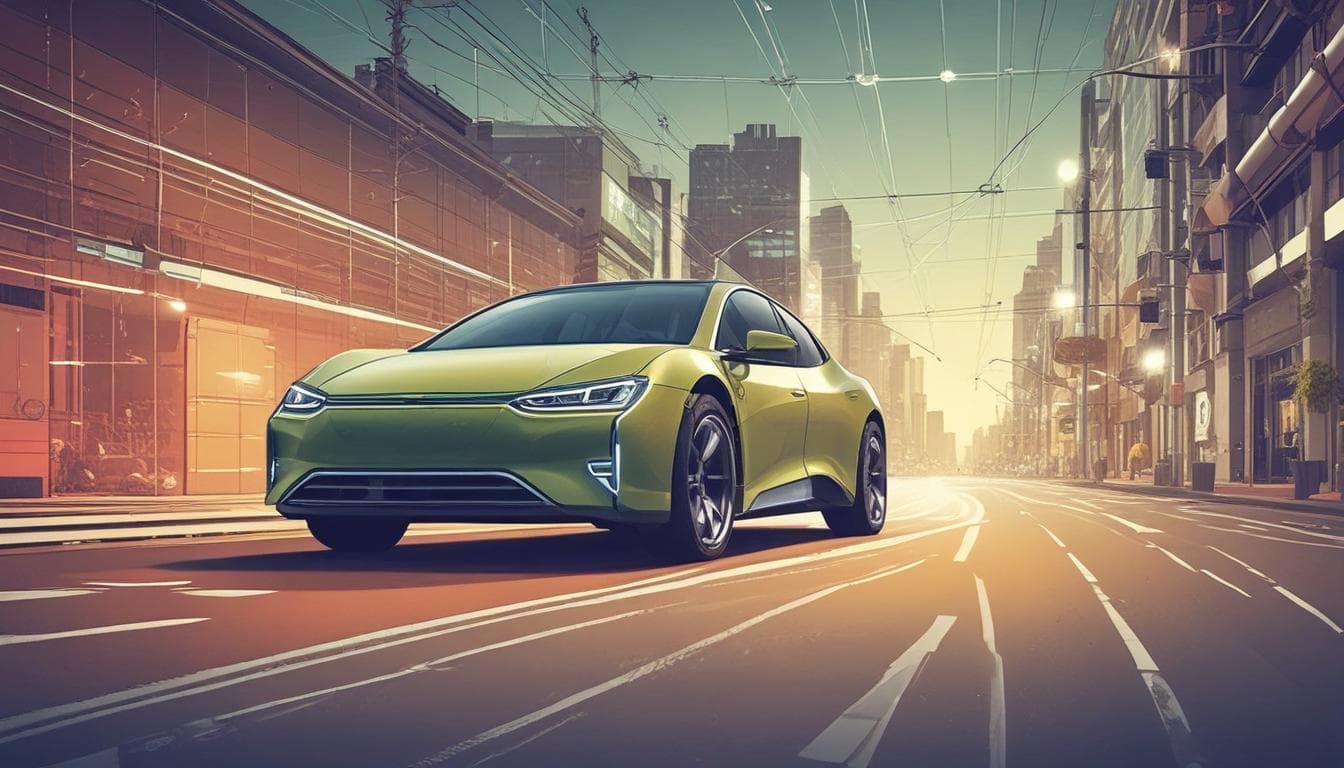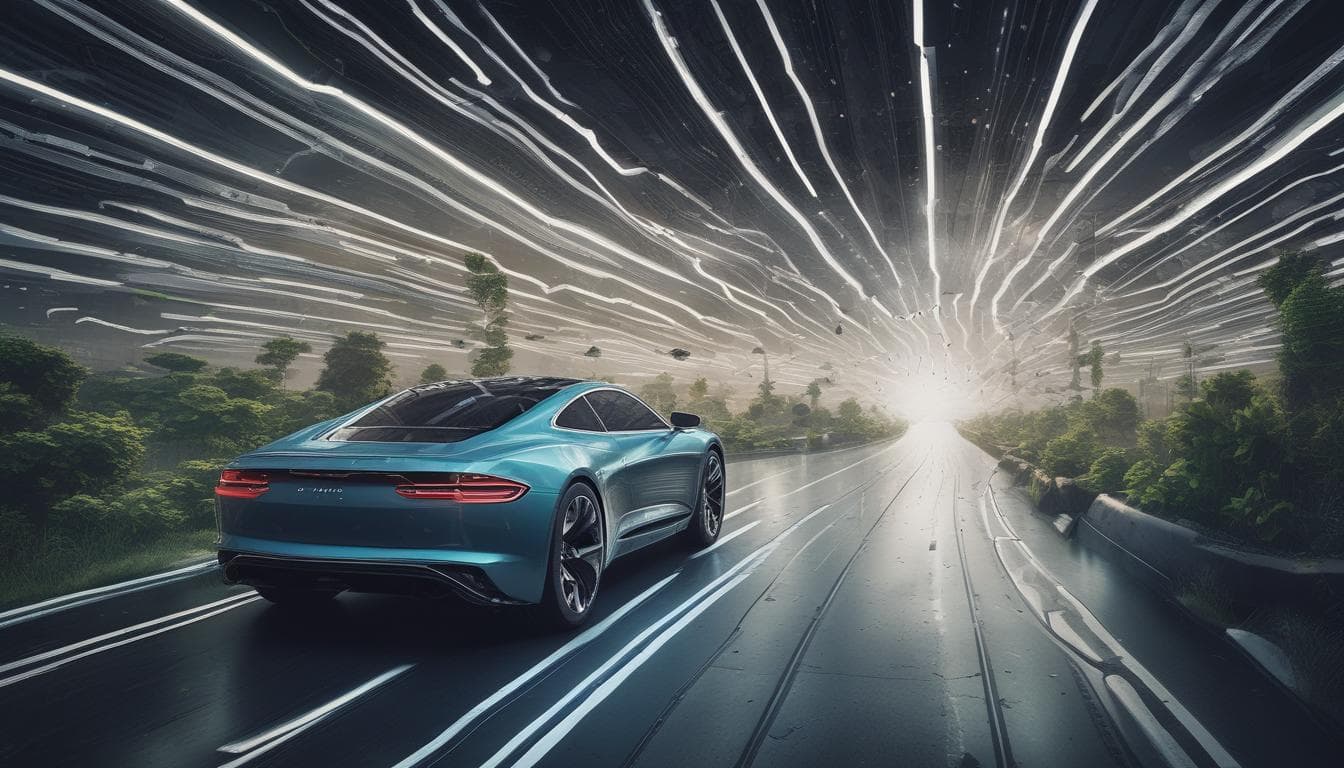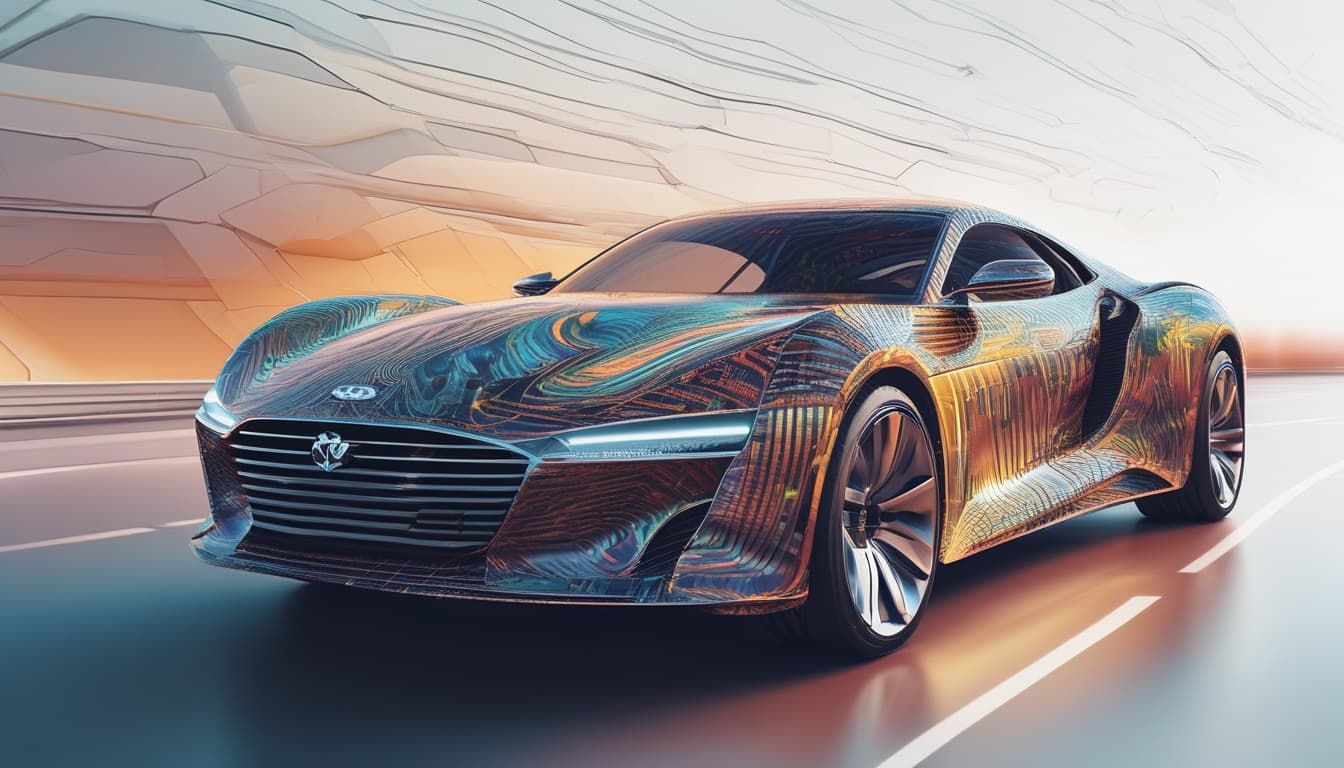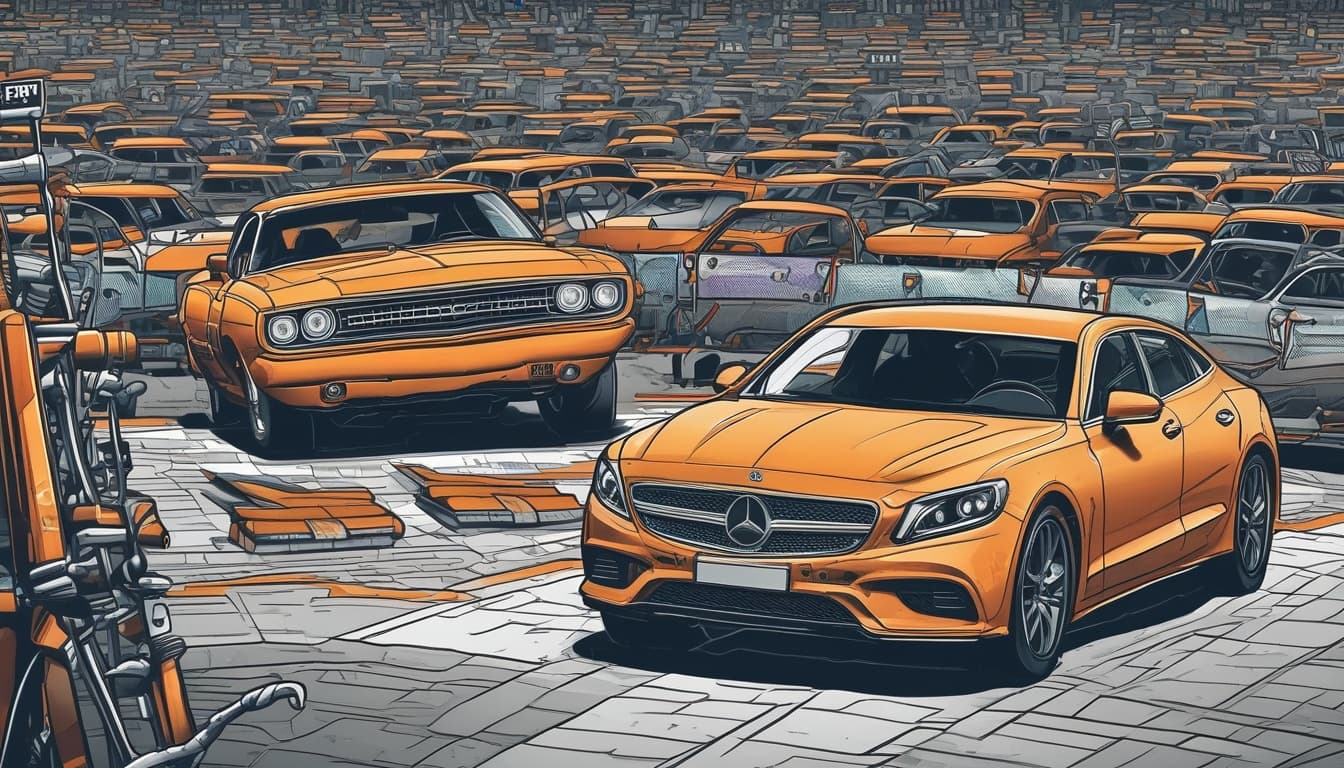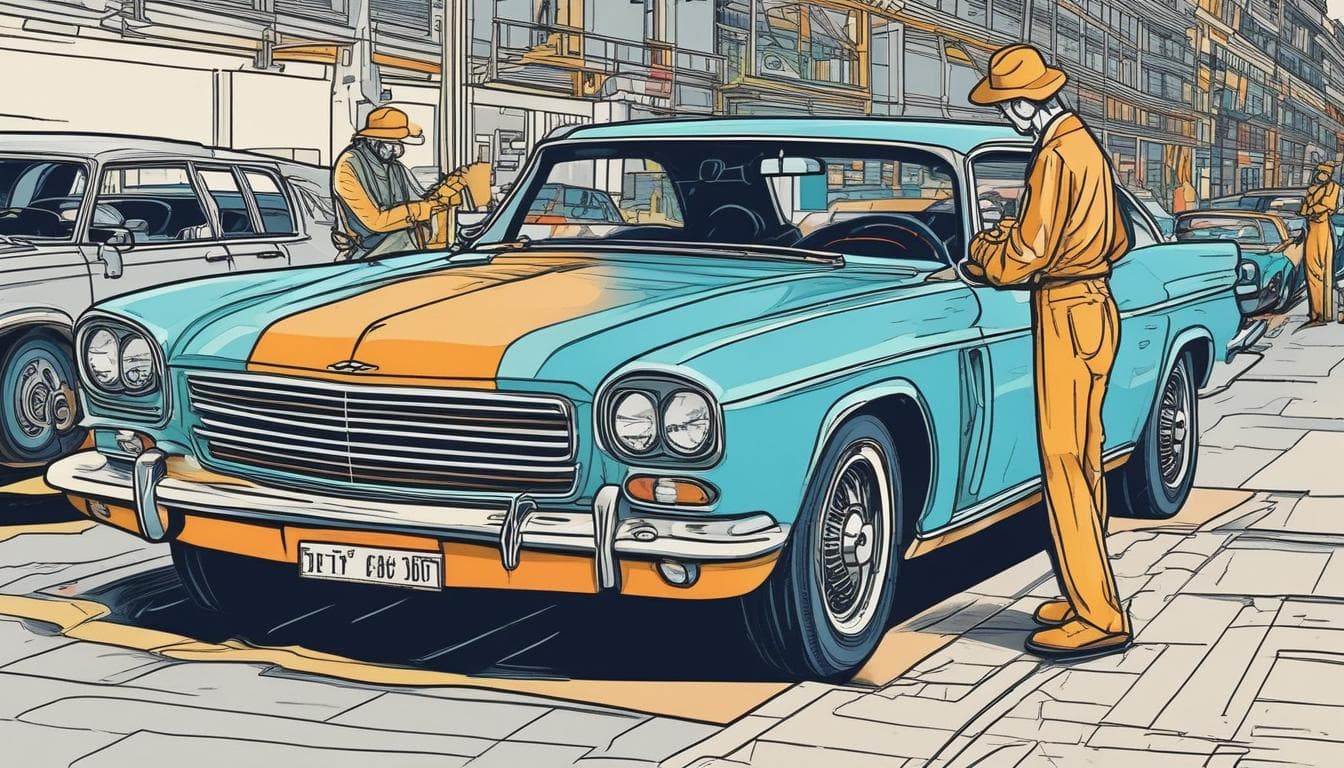With advancements in AI and personalized in-car experiences, how might the role of the car evolve from a mode of transportation to a personalized mobile sanctuary? What features and design elements would be essential in creating this transformative shift, and what societal implications might arise?
The transformation of cars into personalized mobile sanctuaries is indeed an exciting prospect. With advancements in AI and the rise of in-car personalization, we are seeing a shift from merely transportation vehicles to spaces that cater specifically to the needs and preferences of their users.
Key Features and Design Elements
To create this transformative shift, several features and design elements are essential:
- Adaptive AI Systems: Cars could utilize AI to learn from user behaviors, adjusting settings for climate, audio, and even driving style based on individual preferences.
- Augmented Reality (AR) Interfaces: Implementing AR in navigation could enhance driving by providing real-time information overlay, making the car environment interactive and informative. For further insights into how technologies like AR are reshaping the automotive landscape, check out Driving the Future: How Extended Reality (XR) is Transforming the Automotive Industry.
- Comfort and Wellness Features: Integrating wellness technologies such as massage seats, air quality control, or even mood lighting can significantly enhance the driving experience, making it more like a sanctuary than just a mode of transport.
- Connectivity Solutions: Seamless integration with personal devices and smart home systems allows users to maintain their lifestyle even while on the road, further enhancing the sense of personal space.
Societal Implications
As cars evolve into mobile sanctuaries, several societal implications should be considered:
- Changes in Urban Design: With the rise of mobile sanctuaries, urban areas might need to adapt, focusing on creating environments that can accommodate not just parking but holistic living, where commuting becomes an extension of home.
- Impact on Community and Isolation: While mobile sanctuaries provide individual comfort, they might also lead to isolation, as people spend more time in their cars rather than engaging with their community. Balancing personal space with community interaction will be crucial.
- Environmental Considerations: The focus on in-car experiences may lead automakers to prioritize sustainability, pushing for more eco-friendly designs and features. This aspect aligns with the ongoing discussions about the impact of electric vehicles on the automotive industry, as highlighted in The Electric Vehicle Revolution: Transforming the Automotive Industry and Shaping the Future of Transportation.
In conclusion, the evolution of cars into personalized mobile sanctuaries represents a significant shift not only in automotive design but also in lifestyle and societal norms. Embracing these changes will require thoughtful implementation, balancing personal comfort with broader social impacts.
이 주제에 대해 더 알아보기
대화에 참여하기
- 자율주행 시대의 미래 자동차 실내 디자인: 당신의 상상은?
자율주행 기술의 발전으로 자동차 실내 공간은 어떻게 변화할까요? 이동 중 업무, 엔터테인먼트, 휴식 등 다양한 목적에 맞춘 미래형 자동차 디자인과 혁신적인 기능에 대한 아이디어를 공유하고 토론해 보세요. 증강현실, AI 등 미래 기술 접목, 맞춤형 공간 구성 등 자유로운 상상을 펼쳐보세요.
- 자율주행 시대, AI가 제시하는 자동차 선택과 운전 경험 변화
AI가 자동차 선택을 돕는 자율주행 시대에 운전 경험은 어떻게 변화할까요? 새로운 자동차 사용 시나리오와 이색 분야에 대한 가능성, 그리고 개선 방향에 대한 의견을 나눠보세요.
- 자동차 개인 비서 AI: '초개인화' 시대의 도래와 미래
자율 주행 시대, 자동차와 개인 비서 AI의 결합이 가져올 '초개인화'된 경험과 잠재적 문제점에 대해 논의합니다. 음악, 온도, 식사 메뉴 추천, 건강 모니터링, 감성 케어 등 미래 자동차 기술과 개인 정보 보호, 의존성 문제를 다룹니다.
